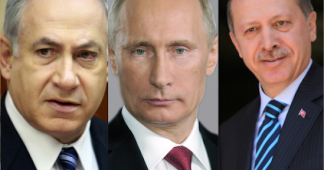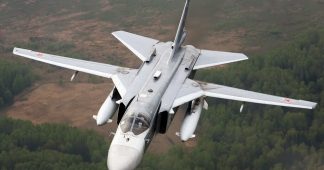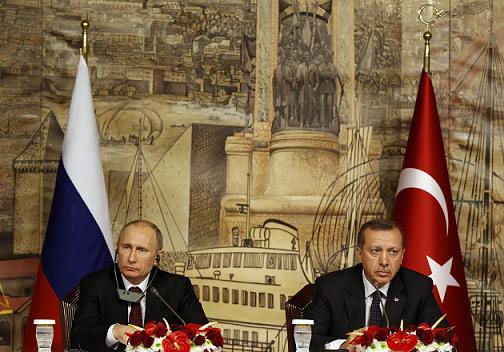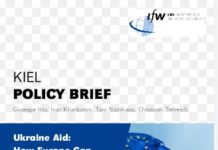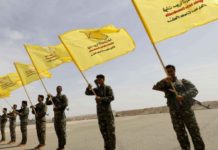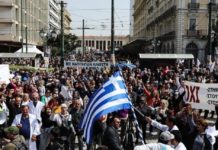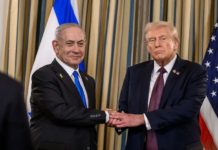By Dimitris Konstantakopoulos
Russian intervention in Syria has had huge strategic consequences. Without this intervention, the Assad regime would have already gone or at least it would be extremely weakened. If Russia had not intervened, a western intervention in Syria (which was stopped in the last moment two years ago), would be the most probable consequence of the terror attacks in Paris.
If followed, such a course would have excluded any Russian influence in the region of Eastern Mediterranean and any Iranian influence in Syria. Western control over Syria would follow and also the isolation or annihilation of Hezbollah in Lebanon. We should remind, at this point, that the control of Syria and Lebanon by forces not threatening Israel, is considered a critical precondition of a war against Iran. Such a war was very much on the agenda during a whole decade. It seems that it is not any more, after the agreement on the Iranian nuclear program. But there is no doubt that there are extremist circles, wishing the realization of such a “project”.
By intervening in Syria, Russia “saved” Assad (and Hezbollah indirectly), it has increased its influence on a very big “Shiite” zone from Mediterranean to Pakistan (!), nullifying the goal of the complete annihilation of any Russian presence in the Middle East.
The “reaction”, whoever organized it, was not late to come. It took the form of downing of the Russian jet, while the head of US Air Force was in Ankara. This incident destroyed the Russian-Turkish relations, of a strategic character, it created enormous problems for Erdogan and it opened the way for Kurdish advances in Northern Syria, finally pushing Ankara to an “alliance” with Netanyahu.
It was just a miscalculation by Turkey? Or Ankara had received, and by whom, assurances and encouragements? What had in mind Mr. Putin, when he remarked that even when one agrees with the present Turkish leadership, they answer by a stab in the back? Did Ankara received encouragements and assurances before proceeding to the downing of the jet, and if yes by whom?
There is not an obvious answer to such questions. Those questions become even more serious if one takes into account what Mr. Perinçek, the head of the small “Patriotic Party” in Turkey has declared during a press conference on the 4th of January. Mr. Perinçek is a rather controversial figure, still he entertains close relations with Kemalist forces in Turkey and various capitals abroad. According to him, the Russian leadership had accepted Turkish control of the western part of the “Kurdish corridor”, in northern Syria. All this planning was canceled after the downing. Such a scenario is, of course, very difficult to confirm or deny. But it has to be considered seriously, by anybody trying to decipher the Syrian puzzle, which is not but the most important part of a gigantic antagonism for control of the Middle East.
www.konstantakopoulos.gr
